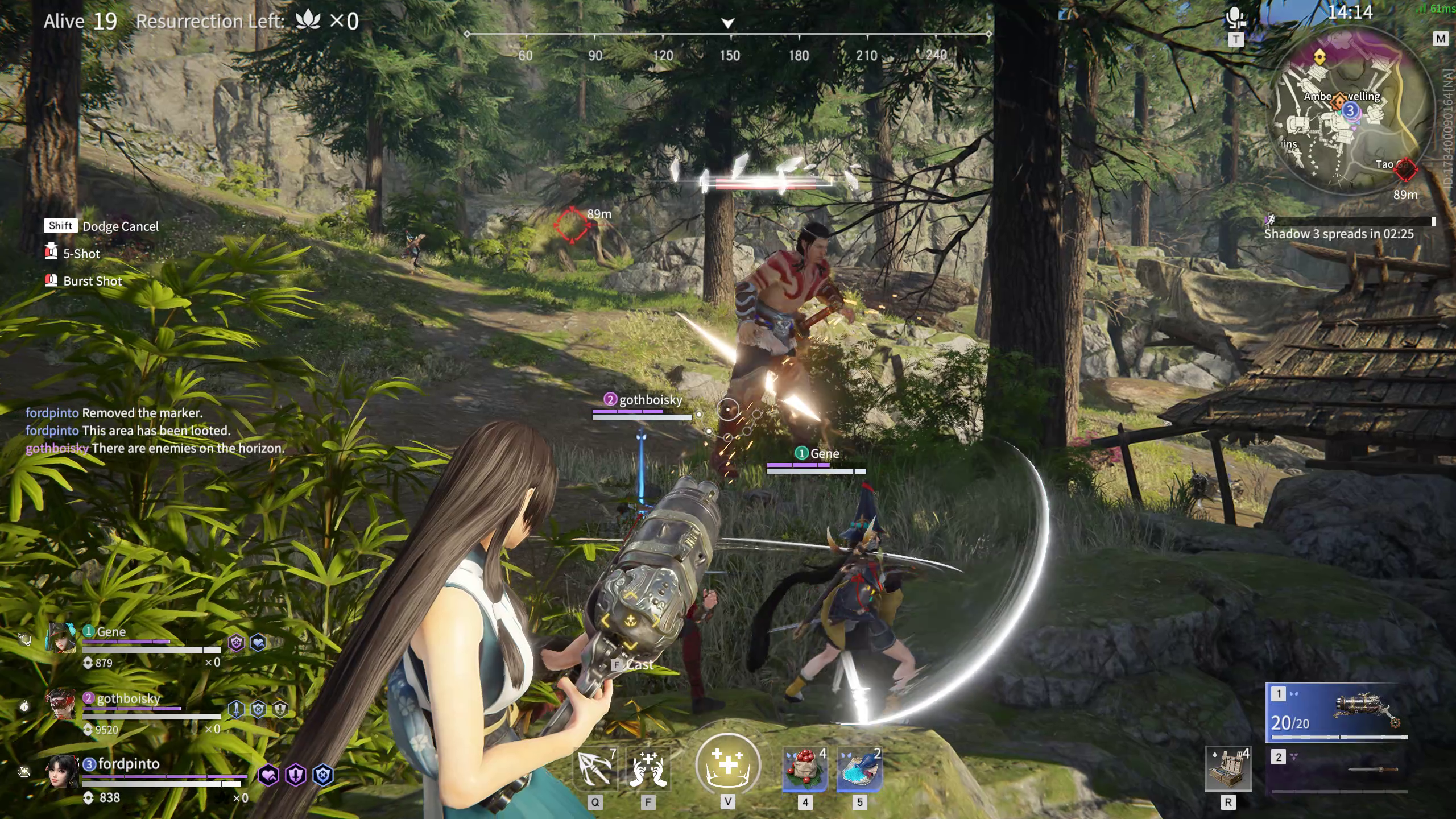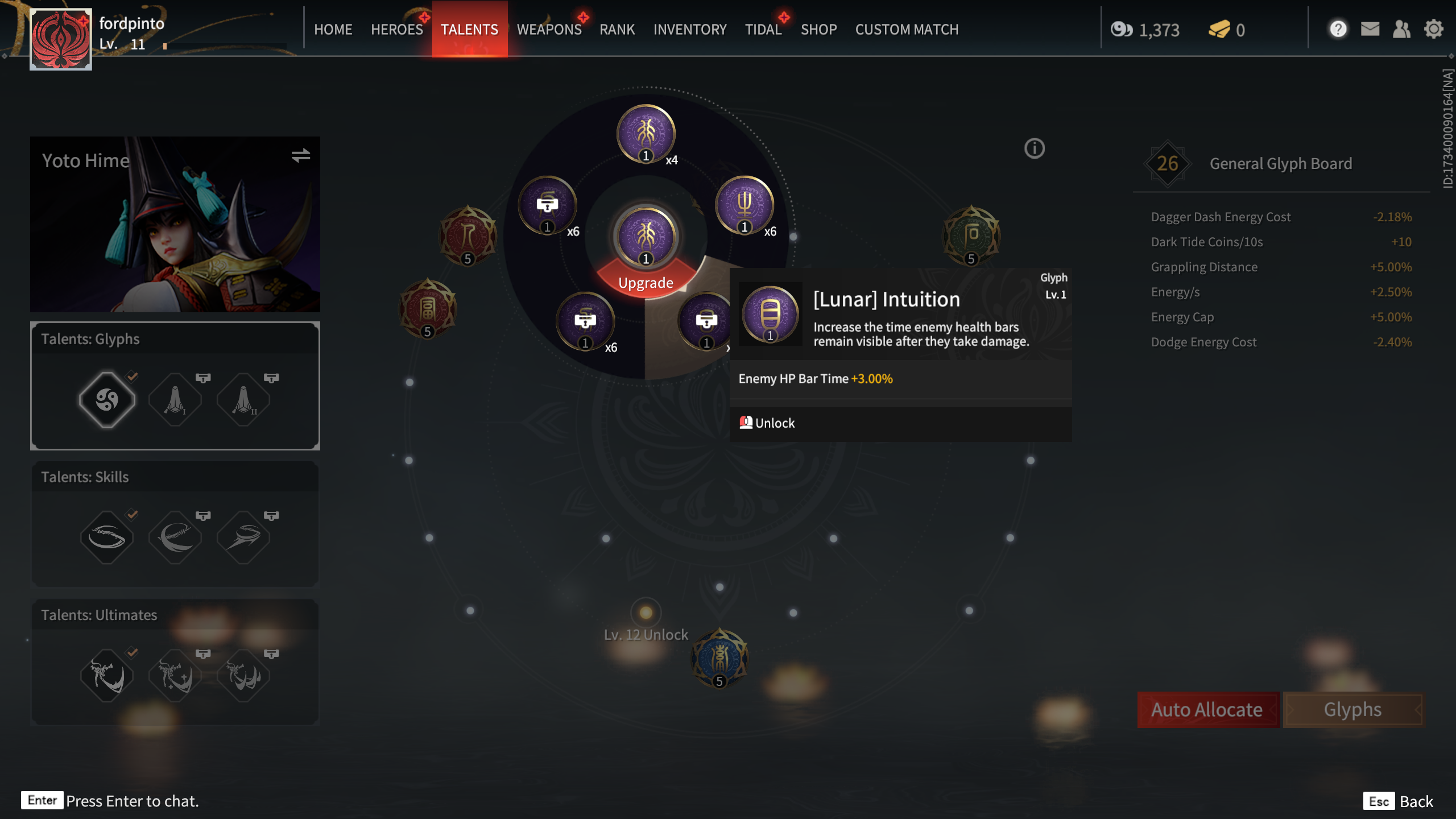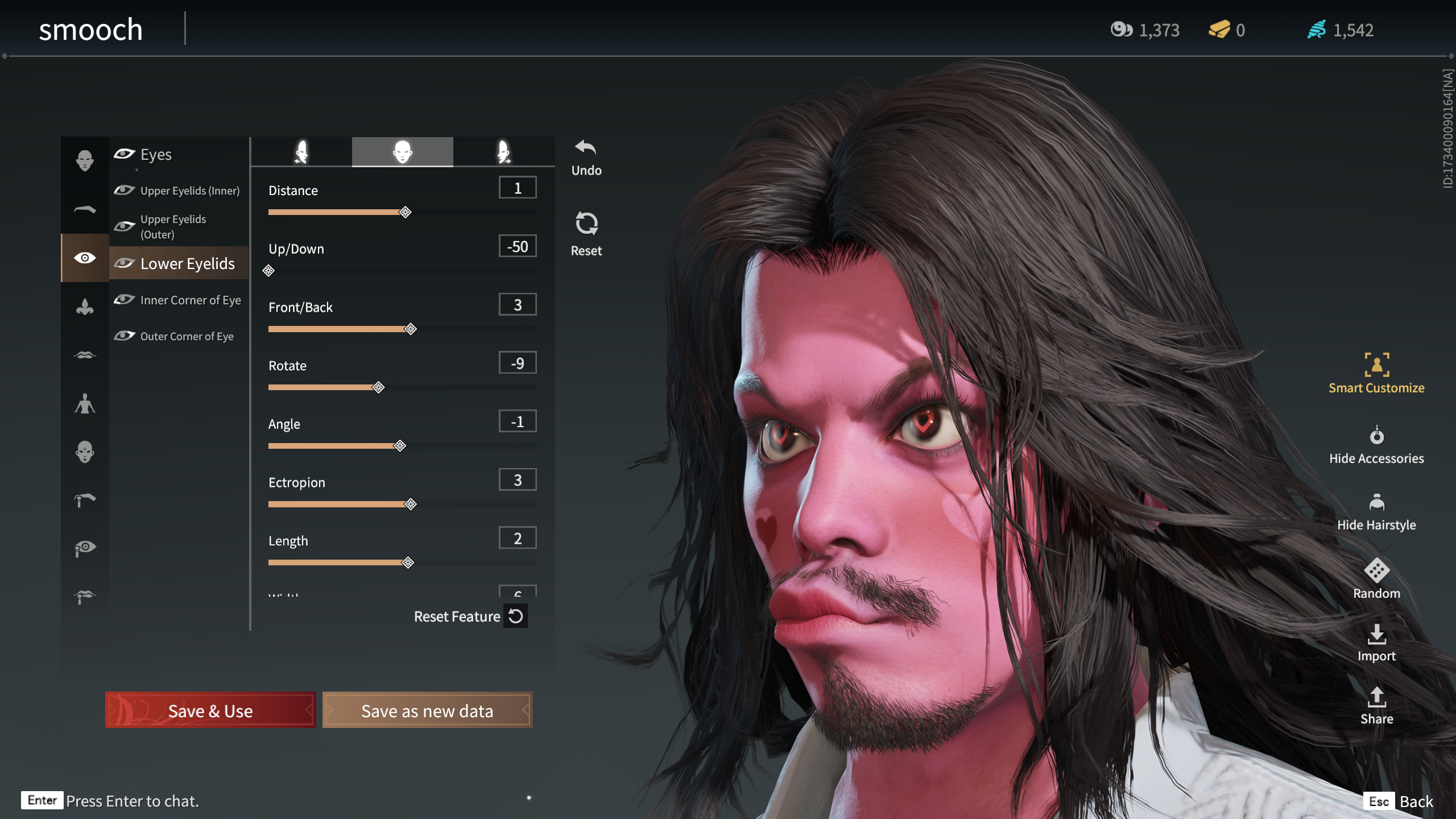Naraka: Bladepoint review | PC Gamer - eppspong1938
Our Finding of fact
A battle royale game that's fun to play in a loose, aggressive style, with battle royal combat that's trickier than it may first appear.
PC Gamer Verdict
A struggle royale brave that's play to play in a loose, aggressive manner, with battle royal combat that's trickier than it may forward appear.
Necessitate to know
What is information technology? Martial arts battle royale with melee and ranged combat.
Expect to pay: $20/£18
Developer: 24 Entertainment
Publisher: NetEase Games Montréal
Reviewed on: Intel Core i5-9600K, 16GB Random-access memory, Nvidia RTX 2070 Super
Multiplayer? 60-player battle royale, summation a deathmatch mode
Link: web.narakathegame.com
I didn't contract Naraka: Bladepoint seriously at first, and IT didn't give me many reasons to. In its tutorial, the scrimmage-focused battle royale game teaches you to combo by clicking repeatedly—no problem, I love clicking—so introduces its weird countering system without really explaining IT. Later on that, it sneakily matches you against bots for your first game. The bots behave same mosquitos whose brains were recently transplanted into human bodies, and even with our Australian player pasted to the ground away lag, we won our first trios match easily.
A fewer games late, however, the true nature of 60-player military arts battle royale showed itself. One instant you'Ra Donnie Ache, and the next you'Ra scrambling to incu the 'pick ahead' prompt for the longsword that just flew out of your hands in a whirl of particle personal effects. It's too late, though. As Fist of the North Starring badass Kenshiro would say: "You are already nonviable."
Humble beginnings
Clearly, soldierly humanities battle royale cannot be perfect in unrivaled tutorial academic session. Skills oft transfer 'tween shooters, only picking skyward a new battle royal armed combat mettlesome sometimes means suppressing everything you learned in the last same. For me, that last one was Knightliness 2, in which medieval fights happen at a chilled-out 90 bpm and attacks consider things suchlike weapon weight down, swing direction, and body rotation. Naraka is more or less the opposite of that.
Humbled, I went back off into the poorly localized menus to find the training mode, which is a bit derelict but does the job, and the Narakapedia, a useful guide that introduces ideas the tutorial skips entirely. As I grew from a Naraka: Bladeboy into a Naraka: Blademan, I started to see a complex, sometimes erratic but also sometimes elegant crippled of skill.
Naraka is a hurried, aggressive battle royale game.
The first matter I learned is that those basic combos are easy permanently players to return. You hind end glucinium sly and end a combo early, though, or use charge attacks, which are inferior foreseeable and can be cancelled. There are other complications and tricks to learn, and formerly you brawl, the mind games I bask in Chivalry 2 emerge. They're just hard to stick with, because everything in Naraka happens in visually fulgurant flurries influenced away the magic and physical lightness of Chinese wuxia fiction. (Hunkered Tiger, Hidden Dragon is probably the almost mainstream example of the genre.)
The animations are andantino and weightless, and the timing game is about memorization more than hunch, which feels a little old fashioned. Close-range fights are a test of how some you know about each weapon's approach patterns—there's a katana, greatsword, longsword, obelisk, and spear—and whether you can predict when your opposite is going to throw a counterable round (or if you can take advantage the fact that they're ready and waiting for you to arrange the same).
Not every fight is cerebral: spamming attacks works sometimes, and that classic fighting game frustration, where you're mashing dodge but your character is being stunned repeatedly by a combo, is well represented. But in that location are also beautiful moments when patience and brightness grade the get ahead. Old-designed OR not, it's entertaining.
There's as wel a great, modern-feeling outcome of Naraka's genre inspiration: the absence of fall damage. What a relief it is to be able-bodied to move freely, double jump, grappling between buildings (and opposite players) with a hookshot, and climbing trees and towers (you've got every last the Assassin's Creed parkour skills).
Naraka is a fast, belligerent battle royale. You can be stealthy, but crouch-walking isn't strictly necessary when you can't live killed from a bush 200 meters out (there are bows and firearms in Naraka, but nothing comparable a PUBG rifle). The freedom to play fast and liberate suits the heptad heroes and their special and last abilities. Winding monk Tianhai's ultimate transforms him into a six-armed giant, for example; helium's non someone you'd expect to find hiding in a bathroom.
Shooting and looting
As much as I like non existence sniped, the ranged weapons leave something to desired. The non-firearms are fine: a repeating crossbow with a comically fast charge per unit of fire, which is utile for finishing off retreating enemies, and a regular longbow. The last mentioned isn't the most pleasing bow I've used in a game—a Team Fortress 2 Hunter headshot still surpasses it for me—but I'm fond of the unimportant starburst personal effects and gratifying pwing sounds that indicate increasing power as you pulling aft.
The firearms, a side arm and a musket, haven't been much of a factor for Pine Tree State. The handgun crapper be charged to fire multiple shots at once (you know, like you do with pistols), and that adds a bit risk of infection and tension, but the chunky heater spread is unsatisfying in a secret plan gas-filled of fast, lithe characters. The musket behaves like a bolt-accomplish rifle and likewise feels knocked out of place. One advantage it offers is a trifle of zoom when you place down sights, but its straight-mobile bullets move too slow to reliably reach leaping, grappling enemies. It's effective against players who are looking at their stock-taking, simply not a videogame weapon I find interesting.
You'll likely never be cragfast with a weapon you don't like, though, unless you're in a dire situation. The loot-gathering part of Naraka is pleasantly simple, which encourages getting into fights rather than skulking or so looking for better stuff. There are no ammo types to care about. Ranged weapons are reloaded with the unvaried consumables that repair worn-impermissible melee weapons, and they'rhenium common. There's just one kind of healing detail and one kind of armor animate item (with multiple rarities), and they go fast, meaning that if you can escape a fight, you may be able to fully readjust before dashing back in.

I do somewhat miss the quiver of finding mundane treasures; I remember being ultra-hyped to find some kind of scope in PUBG's earlier days, and I don't father that belief much in Naraka. There are a hardly a silly lately gamy drops that spicery up the final circle and make competing for Nakara's equivalent of PUBG airdrops worth the risk: a flamethrower, a high-speed launcher, and a spinning blade wielded like a battering ram. Souljades, little charms you tin store in your inventory for special effects, also add a bit fun to the loot game, but Thomas More much than not the A-one rare ones I find wear't causa my needs. Mainly, I just want armor, a spear, and a bow at the highest rarity level I can find, plus nonetheless umpteen inventory upgrades I can find.
The loot you backside collect betwixt games, on the other hand, is non simple, with a comical number of progression tracks and currencies. There's a battle pass with a basic bounty track that costs 1,360 Gold, which is course just a piddling more than the 1,200 Gold you get for $9.25, so you either consume to add 240 atomic number 79 for $1.85 or corrupt 3,000 for $23.15. Costumes, which are pretty cool, tush be purchased directly, as well, once more for just over 1,200 Gold. There are too non-agio currencies and daily challenges and dinero crates that I can't be bothered with. I care Naraka, but I don't need a new getup enough to dog more or less assembling taxes from each district of the menu all time I log in. It's worse than Rainbow Six Siege therein respect. (Although I admittedly have washed-out money on Siege costumes, so perchance I'll change my tune).
Parts of this disorderly carte du jour do modify in-game capabilities, though, adding sustenance chores and pointless uncertainty to the game. It's not 'pay off-to-win,' but unlocking a -2.40% dash vigor cost changer has ne'er successful anyone smiling. Information technology just doesn't call for to glucinium there.

I noticed some surprising framerate drops when I first started Naraka, but I essential've tweaked something right in the graphics menu, because it runs perfectly fine in real time happening my RTX 2070 Super. Information technology's non a impressive courageous, but looks nice enough: simple colouring schemes and shapes are receive when you're hard to break up out little martial arts heroes, and it's prissy to see temples and shimmering snakeskin muscularity fields rather than Russian and Earth industrial and commercial complexes.
Naraka is most popular in China, where it was developed, and much players complain of laggy area-hoppers. An Continent friend did mire or go down erratically now and then when we teamed au courant North American servers, and it's overly bad latency isn't handled more gracefully, simply I haven't in person detected high ping players dominating. Some players have reported limited issues with framerate drops operating theatre incarcerate, though the developer has been heedful to them on Reddit—that's no guarantee they'll constitute fixed, but it's at to the lowest degree inspiriting to see that communication.

Even if it's fewer hot in the US than elsewhere, I'm hardly the only player in California. 1 cool feature: local leaderboards. I'm the 17th best Tianhai in Oakland, apparently, although that's only because He's not popular, and because IT thinks I live in 40 miles to the north. It needs some tweaking, but I love the depth of the stat recording, and Naraka surprises with other extras, too. You can create custom private matches, and hero faces can be bespoken with a powerful character Divine (maybe too powerful). In that respect's a deathmatch mode, too, which is pretty fun.
There are other disappointments, but they're interesting disappointments: novel reminders that Naraka is an unusual game. For exemplify, one potential surprise for battle royale FPS players is that Naraka whole kit best in solos, where you won't end up in impossible 1v2 and 1v3 scrimmage fights. I'd hush rather play trios with friends, but I dearest the tension in big solo free-for-all fights, where everyone wants to get a kill merely is always also on the verge of working away to bring around, simultaneously playing cat and mouse. When it gets knock down to cardinal healed-up players still hunt each other through the trees, Naraka's thrills match the genre's best.
Naraka: Bladepoint
A battle royale game that's play to play in a loose, predatory trend, with melee scrap that's trickier than it May first appear.
Source: https://www.pcgamer.com/naraka-bladepoint-review/
Posted by: eppspong1938.blogspot.com



0 Response to "Naraka: Bladepoint review | PC Gamer - eppspong1938"
Post a Comment